
Buy Nothing Day: A Counterculture Movement

Welcome to Fri-yay, futurists.
Tomorrow morning, your inboxes may overflow like a cornucopia with the first deluge of BFCM-centric offers.
Or, as the CMO of Industry West and frequent guest of the Future Commerce podcast, Ian Leslie, put it:
Here’s my early access to the DTC thought leadership tweets you’ll see tomorrow:
- Wow, I can’t believe [brand] started their sale already
- I can’t believe [brand] is running such high discounts
- Tell me you’re desperate for sales without telling me you’re desperate for sales
- Looks like someone bought too much inventory
None of these tweets will come from actual operators.
His take perfectly encapsulates everything that can and will ever be said from the eCom and DTC thought leadership peanut gallery this BFCM season. Bravo, Ian.
So now we can move on with my actual editorial today.
But I don’t know if BFCM is inclusive enough, futurists. I propose that we expand it to BFSSSCMGT+: Black-Friday-Shop-Small-Saturday-Cyber-Monday-Giving-Tuesday…
But what you’ll hardly ever hear mentioned in our circles, and what is left out of the above litany, is BND: Buy Nothing Day.
Long before people were trampled at doorbuster sales and well before the age of hashtag-slacktivism, Anti-capitalists were already abstaining from Commerce during the heyday of holiday shopping. Most of my research about Buy Nothing Day (BND) came through my trawling through Wikipedia entries about Thorstein Veblen’s 1899 book, The Theory of the Leisure Class, which we covered in our overview of Giffen Goods (The Senses, Feb 2022).
In the seminal text, Veblen argues that ‘consumerism’ is a leftover behavior of status and culture that can be traced back to the feudal era, and has no place in a modern civilized society.
Canadian artist Ted Dave built upon this principle with the invention of BND, and soon media outlets like Canadian magazine Adbusters began promoting it “as a day for society to examine the issue of overconsumption.”
The first BND was organized in Canada in September 1992. By 1997, it had spread to the United States and was moved to the day after Thanksgiving, Black Friday, which had become the busiest shopping day of the year.
From the Wikipedia article about BND:
Adbusters readers began engaging in culture jamming activities on Buy Nothing Day. Various forms of protest have been used to draw attention to overconsumption:
- Credit card-cutting parties
- Handing out flyers: Participants gather in busy city areas to hand out flyers to inform passersby of the movement and anticonsumerism
- Forming long lines of people pushing empty shopping carts around stores (referred to as "Whirly-Mart" by Adbusters)
- Buy Nothing Coat Exchange: Four states, including Utah, hold winter coat exchange programs as an alternative to Black Friday shopping.
- Walking through streets or malls in zombie makeup
Whirly-mart sounds like a good time, honestly.
Today, now, more than ever, it’s our job as marketers to co-opt the space between the Thanksgiving feast and the ceremonial watching-of-the-football, encouraging customers to second-screen shop.
In Black Friday Aubade, Brian Lange mourned the loss of old family traditions in favor of new, shopping-centric, traditions: “Shopping has become depressing. We used to shop for people and with people. Now it’s isolating, overwhelming, annoying, and everything feels the same.”
Some brands are following the lead, at the very least by remaining closed during Thanksgiving Day. Simon Properties, J.C. Penney, Kohls, and Walmart have all committed to closing stores while the turkey’s still hot.
And while your brand may not be able to abdicate from the sales holiday entirely, this weekend we’ll see more brands trying to pull the sales earlier into the month — if for no other reason than to spend our time with our families and make new traditions of our own.
I, personally, would love to dress up like a zombie and cut up my credit cards on Thanksgiving in honor of BND.
Then again, this will be our first Thanksgiving with TikTok Shops. God help us all, and God save my wallet.
— Phillip
P.S. Do you hate ads? Do you love bonus content? Our very first After Dark preview is available on the main podcast feed. Get ad-free episodes of Future Commerce, and exclusive bonus After Darks — PLUS access to our new private GPT chatbot, Alani™ with your subscription to Future Commerce+.
Listen to the first freely-available preview of Future Commerce After Dark on Spotify or Apple Podcasts.

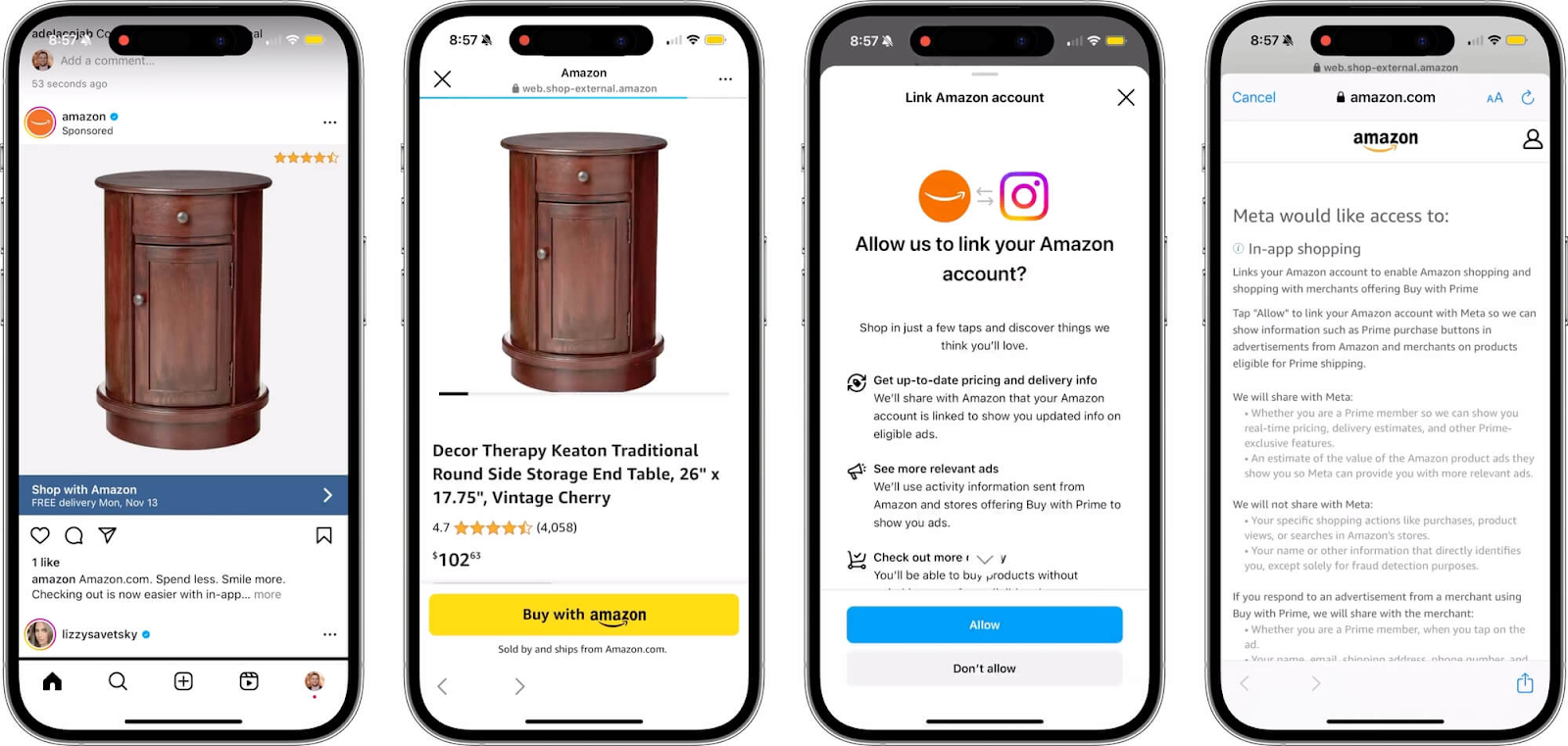
It’s So Over. It’s Never Been More Over. Amazon has formed the partnership to end all partnerships with Meta, integrating Facebook and Instagram accounts with Amazon for streamlined on-platform commerce and enhanced ad targeting. This collaboration allows users to view a simplified Amazon product page directly on Facebook or Instagram ads, complete with a "Buy with Amazon" button. Has anyone checked on Tobi today?
A Retail Organized Crime Task Force. Mayor Eric Adams has initiated a task force to combat retail theft, with key retailers joining the fight. Gap Inc., LVMH, Macy’s Inc., Target Corp., Ulta Beauty, and Victoria’s Secret have signed up to identify and respond to shoplifting trends and utilize technology to deter theft. Personally, we’d have chosen Retail Batman. Reply to this email with your nomination for the retailer version of The Dark Knight.

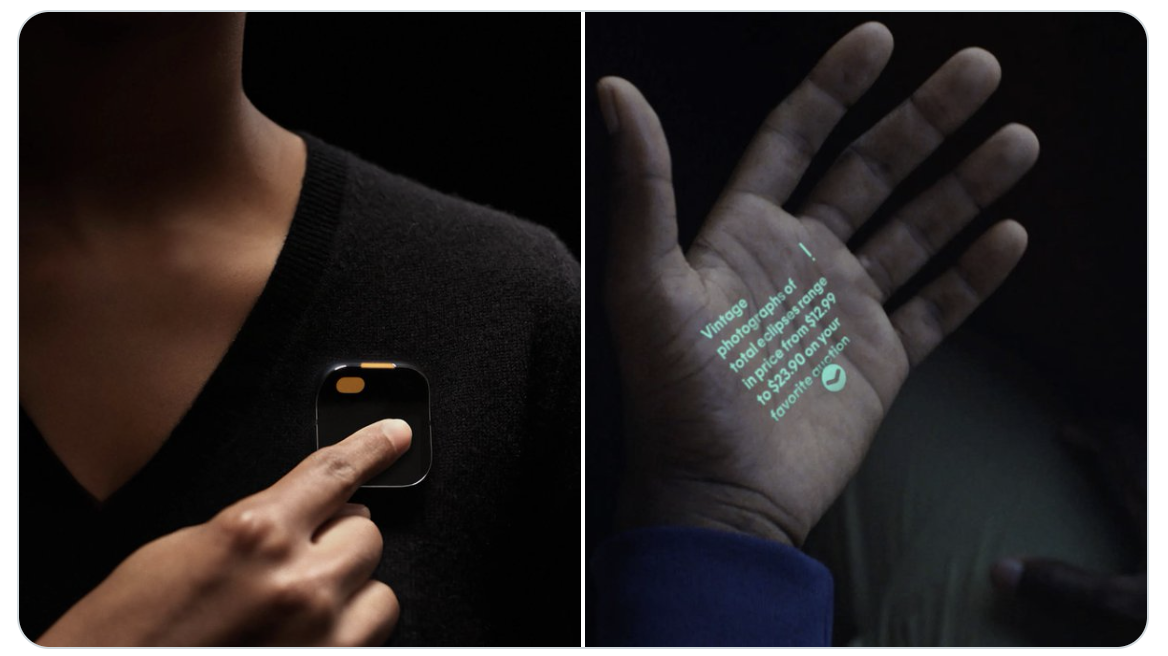
Become a Huge Dork For the Low Low Price of $699. Humane, the maker of the new “who asked for this” AI device, unveiled the pricing for their AI Pin this week in a baffling 10-minute-long announcement video. The BROach (what we’re calling it) is designed for interacting with large language models and passively surveilling your friends. And looking like a dweeb. The device, shipping in early 2024, consists of a square device and a battery pack that magnetically attaches to clothing.

Retail and eCom Q3 Analysis and Q4 Outlook… with a Coffee Mocktail. Brian Walker’s popular ‘Cocktails & Commerce’ substack dropped a deep analysis this week of the Q3 earnings of the public Commerce cos: BigCommerce, SAP, Adobe, Shopify, and Amazon. They pair it with a delicate coffee mocktail. As a palate cleanser, consider listening to Salesforce’s own Rob Garf on the Jason and Scot Show, where they look ahead to Q4.


Buy Now, Die Later. Our Caregiver Archetype featured in the Archetypes Journal, Titan Casket, released a new buy-ahead program this week, as well as an updated business structure that allows them to futureproof their customers’ purchase in the unlikely demise of the brand.
🎧 Listen to our podcast with Titan Casket co-founders on the Archetypes Podcast, hosted by Kristen Vencel.








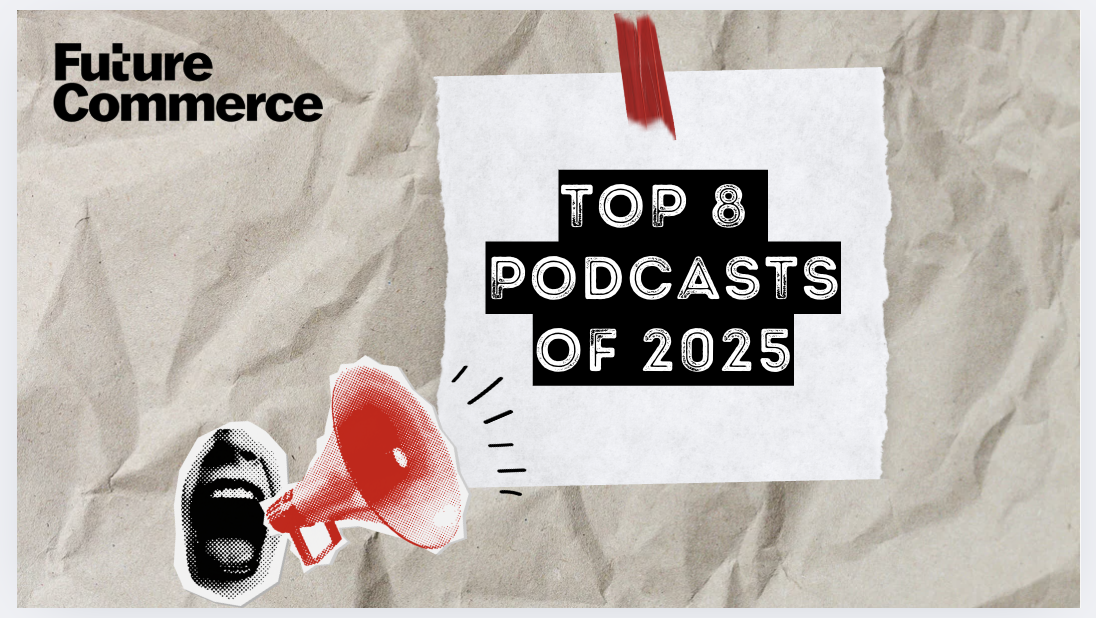
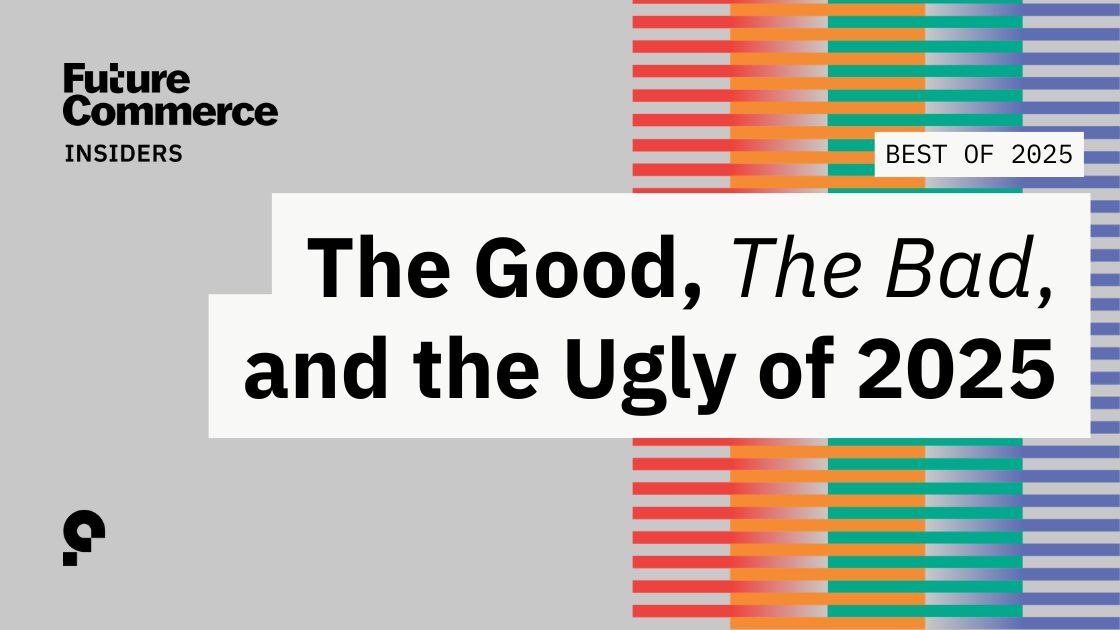
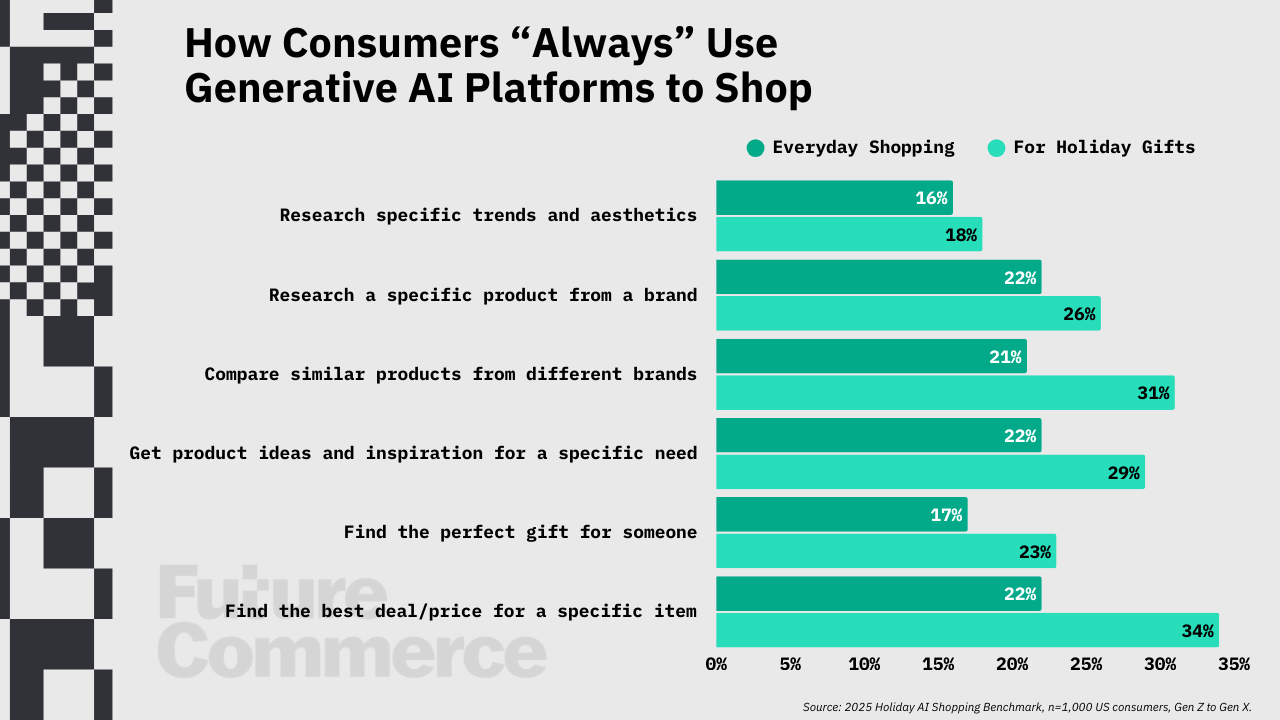
.svg)
